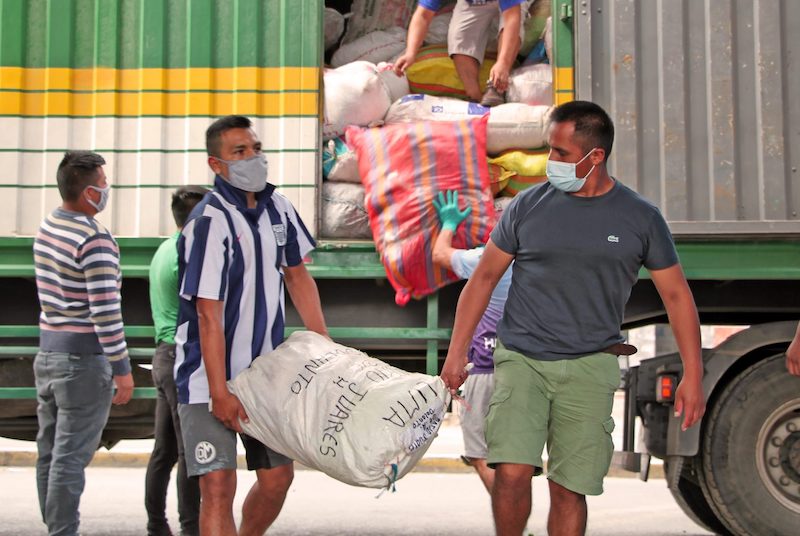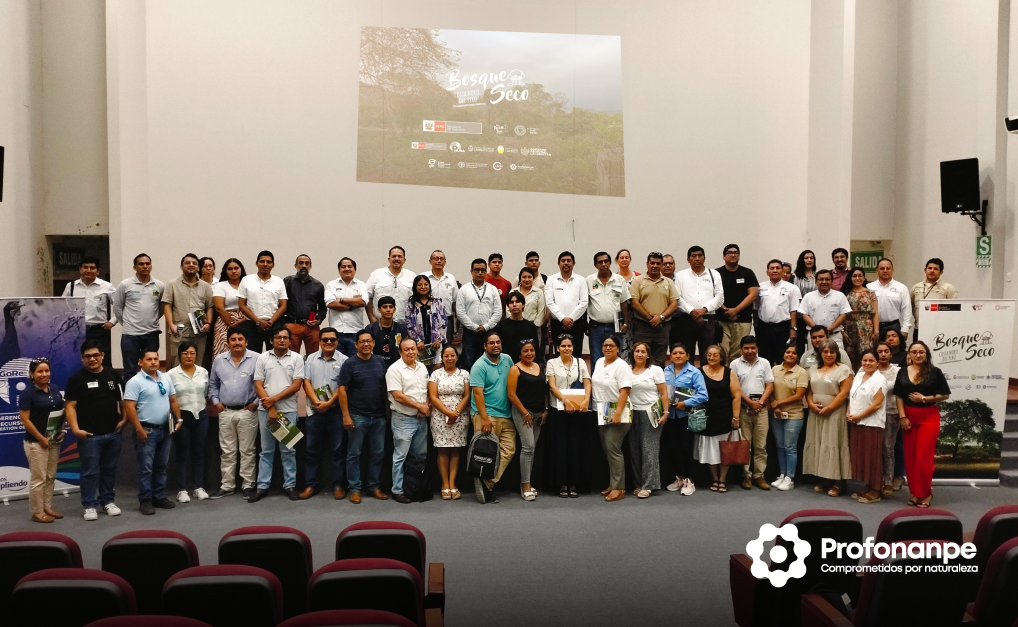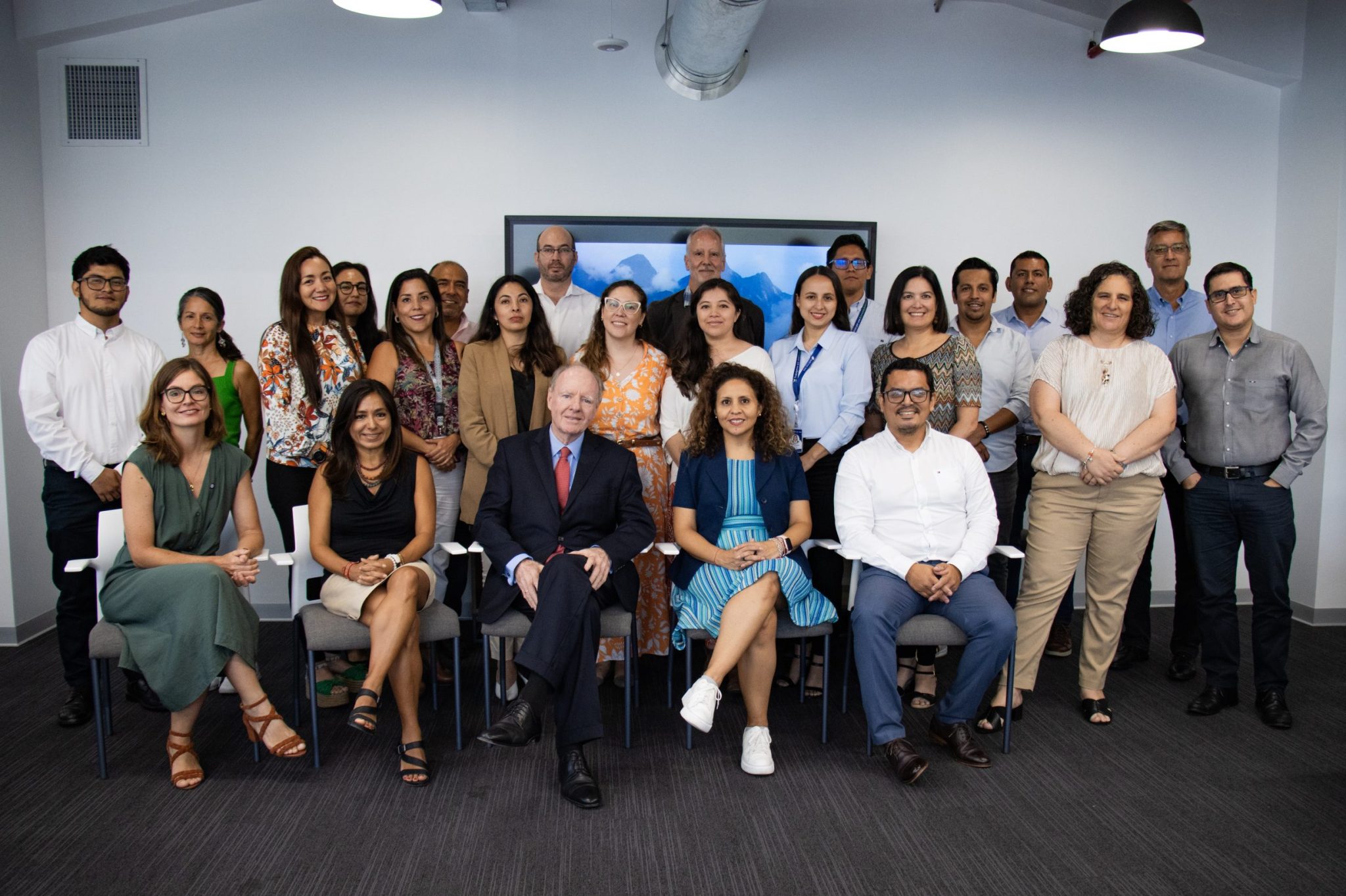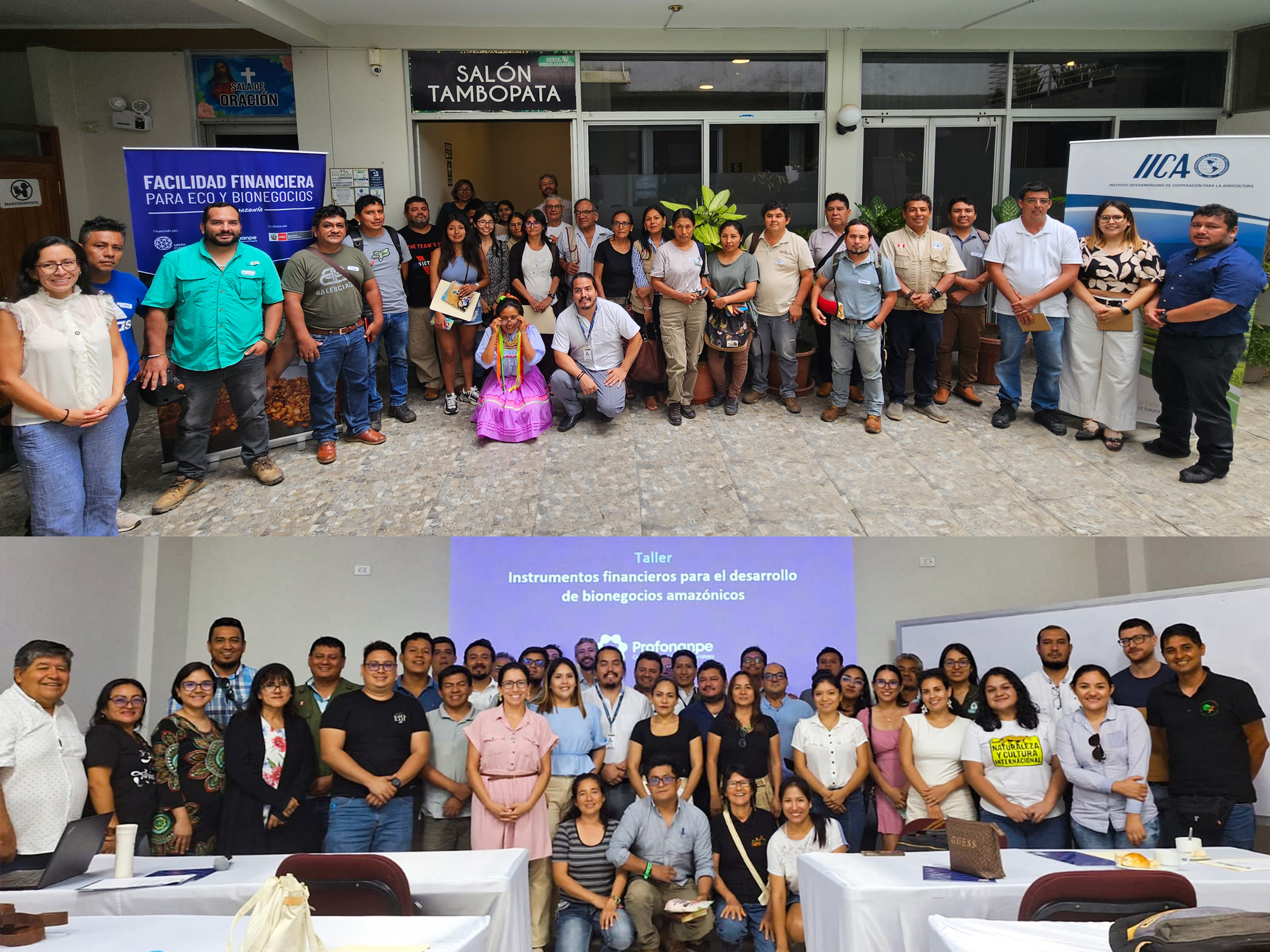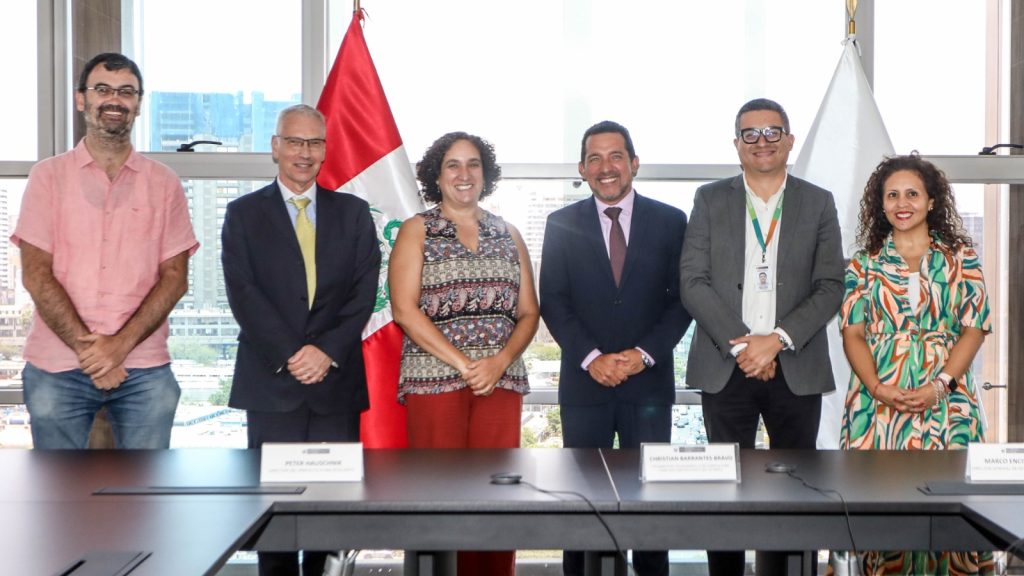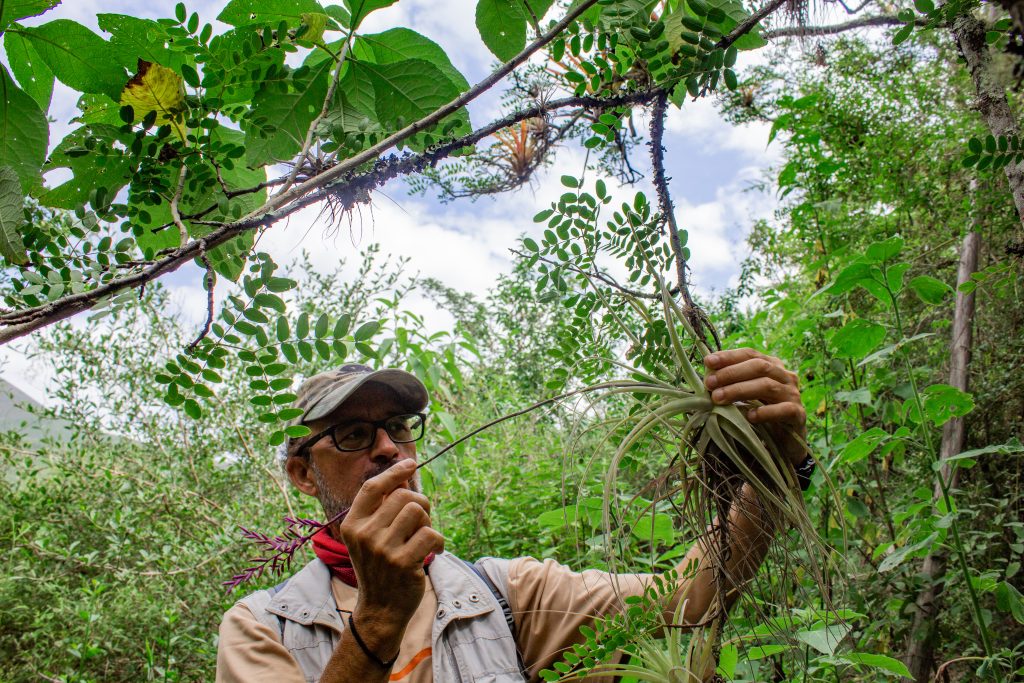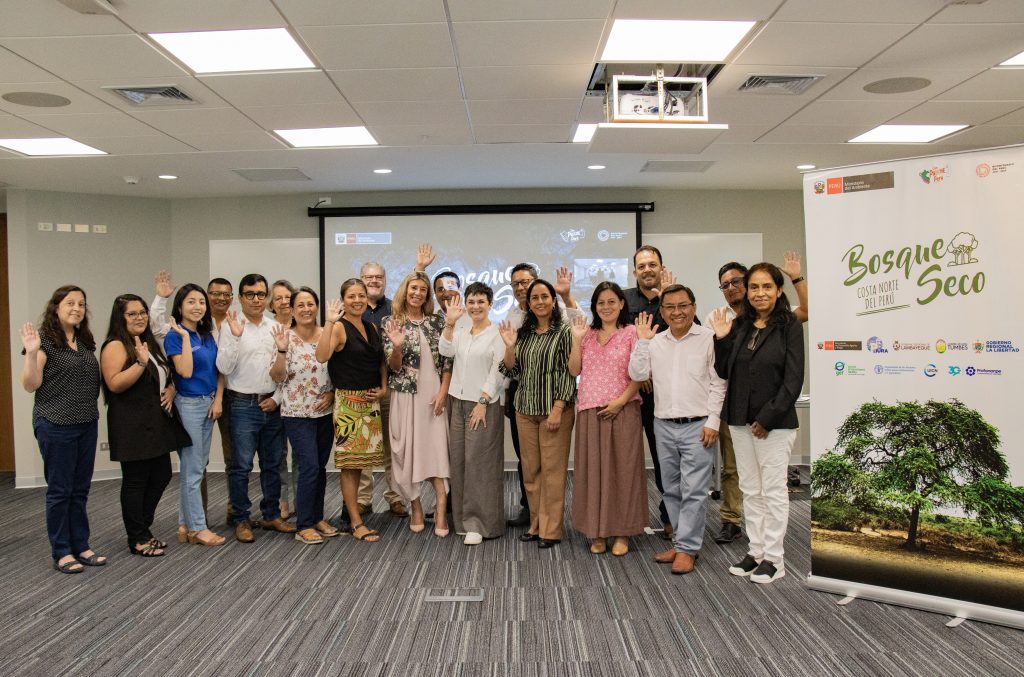Yesterday was held the virtual ceremony of the Best Practices in Public Management Award, in which, after a process of qualification and selection of the initiatives presented, the final results and the list of winners were announced. The practice “Reactivating Apachicuy, a solidarity initiative in times of crisis that alleviates hunger and promotes agrobiodiversity”, carried out within the framework of the GEF Agrobiodiversity – GIAHS Project –implemented together with the Ministry of Environment, the Ministry of Agricultural Development and Irrigation, the Food and Agriculture Organization of the United Nations (FAO) and the Global Environment Facility (GEF)– was the winner of the Rural Subcategory of the Social Inclusion Category.
Last year, in the context of the national health emergency caused by the COVID-19 pandemic, the GEF Agrobiodiversity – GIAHS Project made it possible for many families living in the intervention areas such as Cusco, Apurimac, Huancavelica and Puno to receive their products in a timely manner. These families were concerned about the lack of food supplies for their relatives in cities such as Lima, Arequipa, Tacna, Pisco, Nazca, Ica, as a result of the immobilization and the impossibility of working.
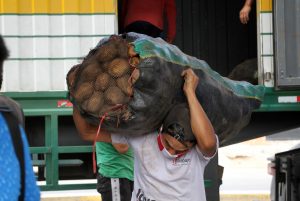
With the intervention of the Ministry of the Environment (MINAM) through the project, it was possible for 3,776 trained and organized producers to coordinate with nine district municipalities to send remittances of agrobiodiversity products to their families in marginal areas of different Peruvian cities affected by the pandemic. Thus, a total of 4,627 families and relatives of the users of the GEF Agrobiodiversity – GIAHS II Project –who were economically vulnerable due to the pandemic in the cities of Lima, Huancayo, La Oroya, Arequipa, Mollendo, Ica, Nazca, Ilo, Moquegua and Tacna– received 300.18 tons of agrobiodiversity products valued at S/994,293, which served to mitigate the negative economic effects of COVID-19. This experience also highlights the role of agrobiodiversity as a source of nutritious food and solutions in a context of food crisis. It should be noted that the biosecurity measures and procedures implemented during the remittance process were effective in preventing COVID-19 infections, and no infections were reported during this collective practice.
Currently, Apachicuy has moved towards a proposal for short marketing chains for family farming through the AGROBIO platform, through the direct sale of these products by delivery to urban families. This service has increasingly attracted the interest of customers in Lima, Cusco and Andahuaylas, and articulates and involves municipalities such as the municipality of Andahuaylas, which on its own initiative has been implementing a virtual platform for AGROBIO to support small farmers in this area of the country.
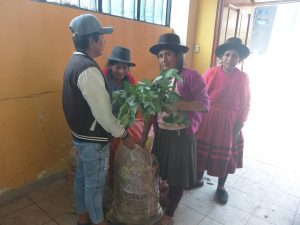
At the launching of the call promoted by the School of Public Management of Universidad del Pacífico for the award of “Best Practices in Public Management Bicentennial Edition 2021”, and through the General Directorate of Biological Diversity of the MINAM, the GEF Agrobiodiversity – GIAHS Project applied for the category “Social Inclusion, Special Award for Combating and Reducing the Effects of COVID-19”.
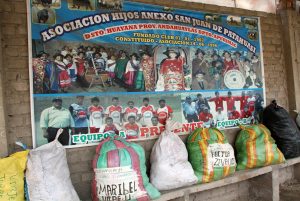
Fact:
“Apachicuy” is a Quechua word that means “order” or “remittances”, and evokes an ancestral practice of the Andean culture to support those who have less. This custom of the Andean people to send remittances with local products to their relatives in the cities is a sign of their traditional solidarity and an effort to preserve their food customs with agrobiodiversity products.
The Best Practices in Public Management Award (BPG), organized by the NGO Ciudadanos al Día CAD, is an annual competition that aims to identify, reward and publicize best practices in the public sector: activities or processes that have obtained outstanding results for the benefit of citizens and that can be replicated in other organizations to improve their effectiveness, efficiency and innovation. These awards have been held since 2005.


